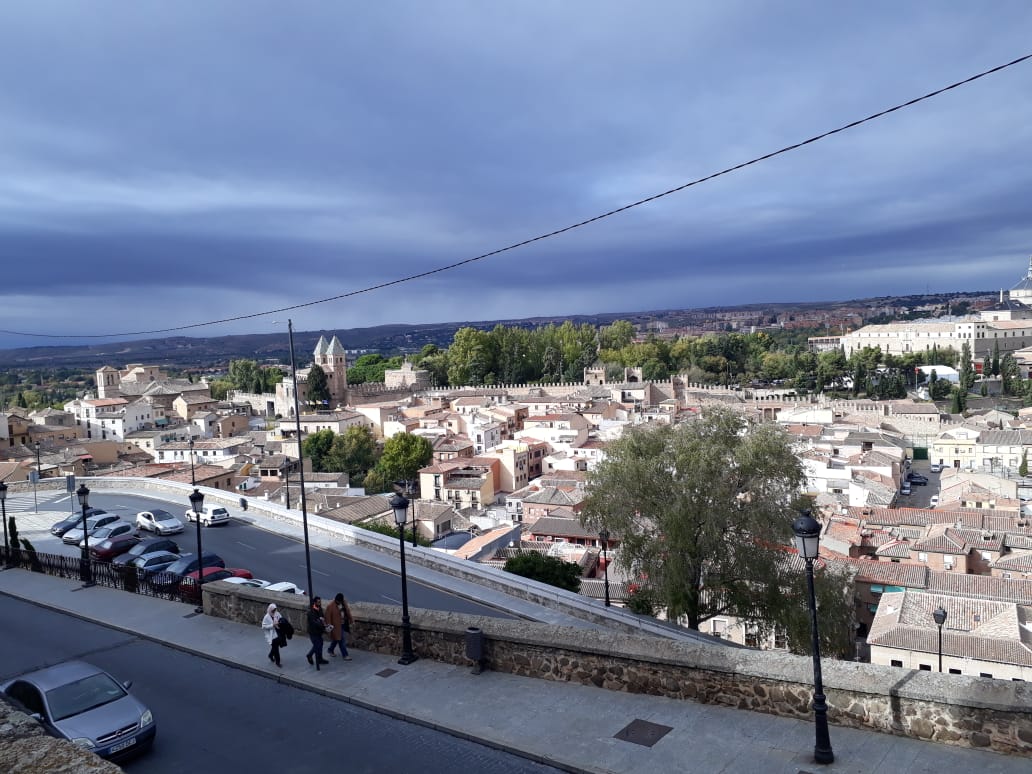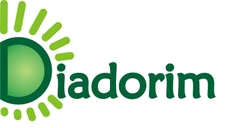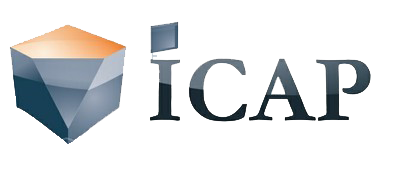Tecnologia digital, turismo e os hábitos de consumo dos viajantes contemporâneos
DOI:
https://doi.org/10.29149/mtr.v4i2.5394Keywords:
turismo; tecnologia digital; viajantes; consumo; marketing.Abstract
The Internet popularization and the emergence of innovations resulting from information and communication technologies (ICT), such as social networks, mobile devices, geolocation devices, among others; has changed the traditional travel market and consequently the habits of consumption of the travelers in the XXI century. These travelers are able to plan their own travel independently, share their experiences on social networks in real time, evaluate the services used and have the ability to influence other travelers by producing relevant content about the destinations visited. In this context, this article aims to discuss the relationship between digital technology and the consumption habits of contemporary travelers. It is an exploratory and descriptive research, with analysis of documentary sources, especially secondary ones. Thereby, in addition to bibliographic research in books, website pages and articles on the topics addressed; were consulted recent reports from different entities of reference in the travel market and at the same time on the web. These documents have as a common characteristic the fact that they are available online, besides addressing some aspects of consumer behavior in tourism. They are: Digital Report We Are Social and Hootsuite (2018), New Platform Tourism Services - OMT (2017), Trip Barometer TripAdvisor - Hotel Reviews Home Hotels Flights Restaurants Free Travel Guides Write a Review Over 40 million trusted traveler reviews & opinions Barometer Barometer (2016), Managed travel 3.0 - Amadeus (2015) and The 2014 Traveler's Road to Decision - Google (2014). The analysis of the five reports shows that contemporary travelers are more demanding, connected, informed and collaborate intensively between each other; so it made possible indicate that the digital platforms have been offering autonomy to the travelers and contributing for the construction of a collaborative culture that intensifies the social relations, allows the exchange of experiences and moves a worldwide network of travelers. At the same time, it was noticed that the scientific production on the subject, mainly at the national level, still recent and scarce, therefore, being configured as an interesting field for the development of future scientific researches about the topic.
References
Amadeus (2015). Managed Travel 3.0: an insight from the inside. Recuperado em 30 abril, 2018, de http://www.amadeus.com/images/corporations/managed-travel/amadeus_managed_travel_30_Oct2015.pdf
Biz, A. A., & Correa, C. (2016). Abordagem brasileira sobre turismo e tecnologias da informação e comunicação: 10 anos de produção do Seminário da ANPTUR. Revista Turismo e Desenvolvimento, n.26, 33-45. Recuperado em 15 maio, 2018, de http://revistas.ua.pt/index.php/rtd/article/view/6149
Biz, A.A., Santos, C.K., Bettoni, E.M., & Thomas, G.M. (2016). Análise do conteúdo veiculado pelas secretarias de turismo das cidades e estados-sedes da copa do mundo 2014 em suas páginas do facebook. Pasos: Revista de turismo y patrimonio cultural. 14 (2), 543-559. Recuperado em 05 março, 2018, de https://dialnet.unirioja.es/servlet/articulo?codigo=5434536
Cooper, C., Fletcher, J., Fyall, A., Gilbert, D., & Wanhill, S. (2007). Turismo: princípios e práticas (3a ed). Porto Alegre: Bookman.
Cooper, C., Hall, C.M., & Trigo, L.G.G. (2011). Turismo: Contemporâneo (Coleção Eduardo Sanoviscz). Rio de Janeiro: Elsevier.
Digital Tourism Think Tank (2015). Expedia Report Examines ‘The Mobilised Travel Consumer’. Recuperado em 06 março, 2018, de http://thinkdigital.travel/opinion/expedia-report-examines-the-mobilised-travel-consumer
Digital Tourism Think Tank (2015). An In-depth Look at Travel Reviews. Recuperado em 09 março, 2018, de http://thinkdigital.travel/opinion/an-in-depth-look-at-travel-reviews
Dencker, A. de F. M. (2007). Pesquisa em turismo: planejamento, métodos e técnicas. São Paulo: Editora Futura.
E-Commerce News (2012). Mercado de turismo movimenta o e-commerce brasileiro. Recuperado em 15 abril, 2018, de http://ecommercenews.com.br/noticias/pesquisas-noticias/mercado-de-turismo-movimenta-o-e-commerce-brasileiro-diz-comscore
E-Commerce News (2014). Turistas brasileiros confiam mais no digital do que europeus. Recuperado em 30 abril, 2018, de http://ecommercenews.com.br/noticias/pesquisas-noticias/turistas-brasileiros-confiam-mais-no-digital-que-europeus
Ferrari, C.M.M. (2010). O fotógrafo-turista: simbiose perfeita na experiência de viajar. In Alexandre, P.N., & Cecília, G. (org.). Turismo de experiência (Chap. 05, pp.99-117). São Paulo: Senac.
Fitzsimmons, J. A., & Fitzsimmons, M. J. (2014). Administração de serviços: operações, estratégia e tecnologia da informação (7a ed). Porto Alegre: AMGH.
Hoppen, N., & Vicentin, I. C. (2003). A internet no negócio de turismo no Brasil: utilização e perspectivas. Revista Eletrônica de Administração. REAd, 9 (1), 1-26. Recuperado em 01 maio, 2018, de http://seer.ufrgs.br/index.php/read/article/view/42709
Gaeta, C. (2010). Turismo de experiência e novas demandas de formação profissional. In Alexandre, P.N., & Cecília, G. (org.). Turismo de experiência (Chap. 07, pp.133-149). São Paulo: Senac.
Gil, A. C. (2002). Como elaborar projetos de pesquisa (4a ed.). São Paulo: Atlas.
Google (2014). The 2014 Traveler’s Road Decision. Recuperado em 21 abril, 2018, de http://storage.googleapis.com/think/docs/2014-travelers-road-to-decision_research_studies.pdf
Harvard (2010). The New Conversation: Taking Social Media from Talk to Action. Recuperado em 25 março, 2018, de https://hbr.org/resources/pdfs/tools/16203_HBR_SAS%20Report_webview.pdf
Host&Travel (2010). Viajantes da nova era. Ano 06, edição 36. Recuperado em 08 março, 2018, de http://revistahost.uol.com.br/tendencia-tecnologia/viajantes-na-nova-era.html
Jenkins, H. (2009). Cultura da Convergência (2ª Ed.). (S. De Alexandria,Trad.). São Paulo: Aleph. (Obra original publicada em 2006).
Kemp.S. (2018). Digital in 2018, essential insights into internet, social media, mobile, and e-commerce use around the world. Hootsuite and WeAreSocial. Recuperado em 27 abril, 2018, de https://hootsuite.com/pt/pages/digital-in-2018
Kayak (2014). Mais de 77% dos turistas brasileiros viajam sozinhos. Recuperado em 27 abril, 2018, de https://www.kayak.com.br/news/mais-de-77-dos-turistas-brasileiros-viajam-sozinhos/
Kotler, P., Kartajaya, H., & Setiawan, I. (2010). Marketing 3.0. Indianapolis, EUA: JohnWiley & Sons Inc.
Kotler, P., Kartajaya, H., & Setiawan, I. (2017). Marketing 4.0. (I. Korytowski,Trad.). Rio de Janeiro: Sextante. (Obra original publicada em 2017).
Medaglia, J. (2017). Os desafios do uso qualificado da informação em turismo: o caso da pesquisa de demanda turística real de Diamantina/MG. Tese de doutorado, Ciência da Informação, Universidade Federal de Minas Gerais, Belo Horizonte, MG, Brasil.
Organização Mundial do Turismo (2017). New Platform Tourism Services (or the so-called Sharing Economy), Understand, Rethink and Adapt. Recuperado em 25 abril, 2018, de https://www.e-unwto.org/doi/abs/10.18111/9789284419081
Pizam, A. (2014). Peer-to-peer travel: Blessing or blight? International Journal of Contemporary Hospitality Management, 38 (1), 118-119.
Petrocchi, M. (2004). Marketing para destinos turísticos. São Paulo: Futura.
Pombo, O. (2005). Interdisciplinaridade e integração dos saberes. Liinc em Revista,1 (1), 3-15. Recuperado em 15 abril, 2018, de http://revista.ibict.br/liinc/article/view/3082
Porto, A. (2013). Faces e interfaces das múltiplas telas: a comunicação nas plataformas audiovisuais digitais. Dissertação de mestrado, Universidade Metodista de São Paulo, São Bernardo do Campo, SP, Brasil.
Publicittà (2014). O mundo em múltiplas telas. Recuperado em 24 abril, 2018, de http://www.revistapublicitta.com.br/atitude/pesquisas/o-mundo-em-multiplas-telas/
Siqueira, C.S.N., & Christino, M.M.J. (2017). Análise de marketing de serviços de transporte de passageiros através de dispositivos móveis no Brasil. Marketing & Tourism Review, 2 (1), 1034.
Souza, S.C., & Machado, D.F.C. (2017). Uso e Influência das Mídias Sociais no Planejamento de Viagens: um estudo quantitativo. Revista Turismo em Análise, 28 (2), 254 -270. Recuperado em 20 abril, 2018, de http://www.revistas.usp.br/rta/article/view/134007
Swarbrooke, J., & Horner, S. (2002). O Comportamento do Consumidor no Turismo. (S. Kreiger, Trad.). São Paulo: Aleph.
TripAdvisor (2016). TripBarometer: travel trends 2016. Recuperado em 12 abril, 2018, de https://www.tripadvisor.com/TripAdvisorInsights/wp-content/uploads/2018/01/Global-Report-US-Travel-Trends-TripBarometer-2016.pdf
Trigo, L.G.G. (2010). A viagem como experiência significativa. In Alexandre, P.N., & Cecília, G. (org.). Turismo de experiência (Chap. 01, pp.21-19). São Paulo: Senac.
Urry, J. (2001). O olhar do turista: lazer e viagens nas sociedades contemporâneas (3a ed.). (C.E.M. De Moura, Trad.). São Paulo: Studio Nobel/SESC. (Obra original publicada em 1990).
Wainberg, A. J. (2003). O movimento turístico: olhadelas e suspiros em busca da singularidade alheia. In: Susana, G., & Antonio Carlos, C. (org.). Turismo na pós-modernidade: (des) inquietações (Vol. 25, Chap. 01, pp.09-19). Porto Alegre: EDIPUCRS.
Wiles, A., & Crawford, A. (2017). Network hospitality in the share economy: understanding guest experiences and the impact of sharing on lodging. International Journal of Contemporary Hospitality Management, 29(9), 2444-2463.
Weiss, P. (2014). O novo significado do marketing e o futuro do branded content. Recuperado em 24 abril, 2018, de http://www.meioemensagem.com.br/home/comunicacao/ponto_de_vista/2014/01/02/O-novo-significado-do-marketing-e-o-futuro-do-branded-content#ixzz3VRwNT7Ab
Downloads
Published
How to Cite
Issue
Section
License
Authors who publish with this journal agree to the following terms:
- Authors retain copyright and grant the journal, without cost for the journal, right of first publication with the work simultaneously licensed under a Creative Commons Attribution License that allows others to share the work with an acknowledgment of the work's authorship and initial publication in this journal.
- Authors are able to enter into separate, additional contractual arrangements for the non-exclusive distribution of the journal's published version of the work (e.g., post it to an institutional repository or publish it in a book), with an acknowledgment of authorship and its initial publication in this journal.
- Authors take full responsibility for their opinions expressed in the works published in this journal.
















